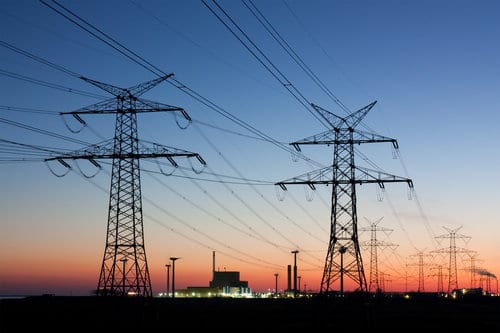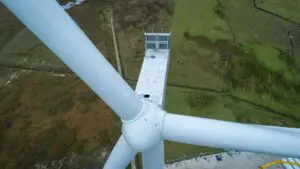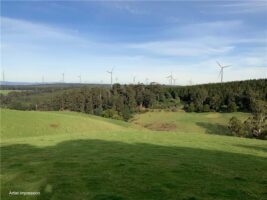In 2015, the German states of Mecklenburg-Vorpommern and Schleswig-Holstein generated more renewable power than households and businesses in each state consumed.

Germany has 16 states, three of which are city-states, leaving us with 13 Flächenländer (which could be roughly translated as states that are not only urban areas). In the countryside, renewable energy production is easier than in developed areas, and population density – and hence, power consumption – is lower. So it’s natural for rural states to reach 100 percent renewable electricity first.
Back in 2014, I wrote about how Mecklenburg-Vorpommern (which borders the Baltic and Poland) had already reached 120 percent renewable electricity for 2013 as a whole. Essentially, the state exports quite a bit of electricity. Furthermore, the calculation is net; the state is reliant on neighboring areas at times of low wind and solar power production in particular.
Schleswig-Holstein is another German state to watch. Located along the North Sea and bordering Denmark, this state had 78 percent renewable power in 2014 – but it apparently reached 100 percent net last year (report in German). If heat and mobility are included, however, the share drops to 24 percent – much lower, but still considerably above the German average of 14 percent.
Biomass made up 46 percent of this energy, followed by 44 percent wind power and 10 percent other. The state has a target of 300 percent renewables.
Source: Renewables International. Reproduced with permission.








